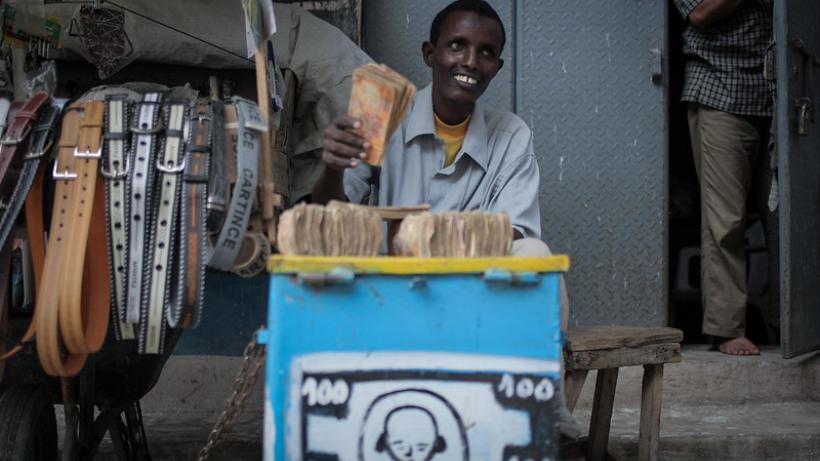
Remittances in the time of COVID-19: Challenges and opportunities for growth in developing countries
-
Remittances-brief.pdf
PDF document • 531.35 KB
- The COVID-19 pandemic has placed unprecedented restrictions on travel, trade, and economic activity, triggering a global economic crisis. Remittances to developing countries are falling sharply as a result. Migrant workers and their families, many dependent on the remittance flows sent from abroad, are expected to suffer acutely.
- This brief underscores the importance of remittances to developing countries. For the families of migrant workers, they offer much-needed income to support consumption, access to healthcare, and education. In many countries, they represent a sizeable portion of financial inflows which support macroeconomic stability.
- In the short-term, the authors recommend accelerating data collection on remittance flows and recipients, supporting migrant residence and employment, keeping financial services open, and bringing costs down through financial competition and mobile money.
- In the post-pandemic environment, where economic recovery will be the priority but there will be fewer remittances to support it, the authors recommend exploring ways in which the development impact of remittances can be magnified. This could come from financial innovation, education, and digital services.







